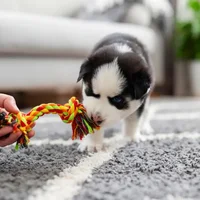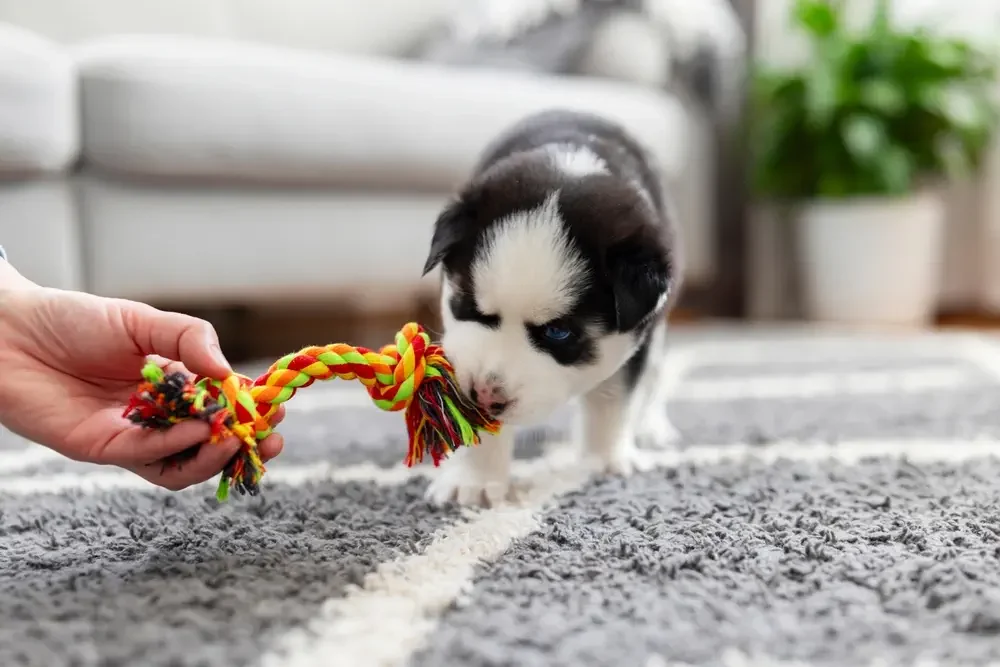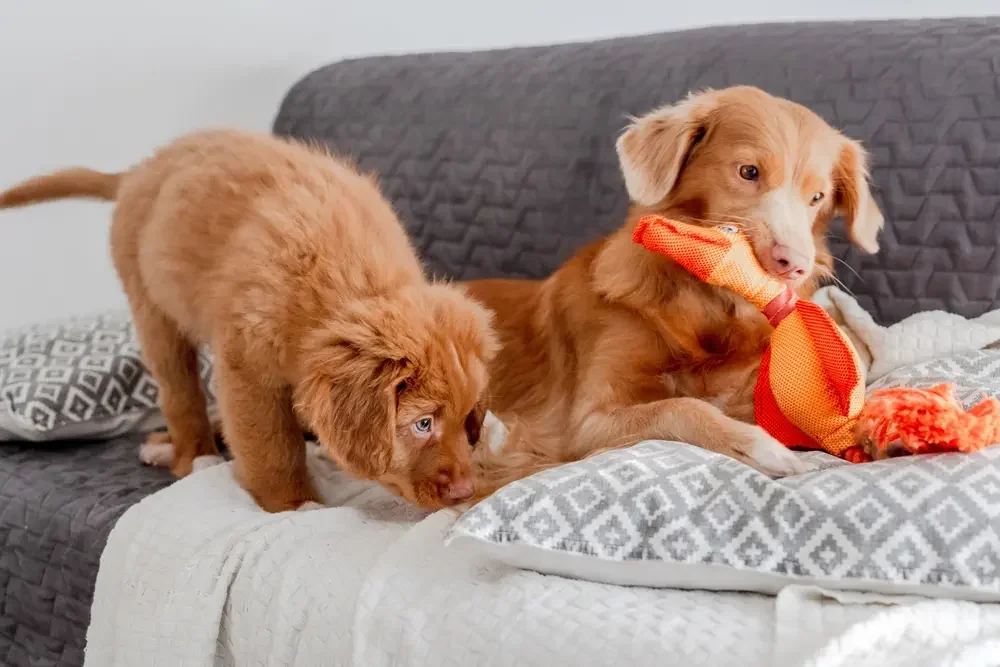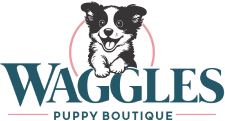From Chew Toys to Crates: A Beginner’s Guide to Puppy Care


From Chew Toys to Crates: A Beginner’s Guide to Puppy Care
Bringing home a puppy is one of life’s most exciting adventures. Between the tiny paws, wagging tail, and endless cuddles, it is easy to forget that puppies also come with big responsibilities. Whether you are preparing for your first puppy or welcoming another furry friend to the family, understanding what to expect helps you create a happy and healthy environment from day one.

Prepare Your Home Before Your Puppy Arrives
Before your new companion steps through the door, take some time to puppy-proof your home. Puppies are naturally curious and will explore anything within reach. Hide electrical cords, secure trash cans, remove small objects they could swallow, and block off unsafe areas. Set up a quiet corner with their bed, crate, and a few safe toys so they immediately have a space that feels like their own.
Establish a Routine Early
Consistency is key for raising a confident and well-behaved puppy. Set regular times for meals, potty breaks, play, and sleep. A routine helps your puppy understand what to expect and makes house training much easier. Feeding at the same time each day also helps regulate their digestion. Be patient and celebrate small wins as your puppy learns the rhythm of your household.
Start Training Right Away
Training should begin the moment your puppy arrives home. Focus on simple commands like “sit,” “stay,” and “come.” Positive reinforcement works best, using treats, toys, or praise when your puppy behaves well. Keep training sessions short and fun, and avoid punishment. Consistent, gentle guidance builds trust and helps your puppy learn faster.

Socialize with Care
Socialization is one of the most important parts of puppyhood. Expose your puppy to new people, pets, and environments in a calm and positive way. Short, happy interactions teach them that the world is a safe place. This early exposure helps prevent fear-based behaviors later in life. Make sure your puppy’s vaccinations are up to date before visiting parks or public areas.
Nutrition and Hydration
Choose a balanced puppy food that supports healthy growth. Puppies need the right nutrients for developing bones, muscles, and a strong immune system. Always keep a bowl of clean water available throughout the day. Ask your veterinarian about portion sizes and feeding frequency to ensure your puppy grows at a healthy rate.
Provide Plenty of Play and Rest
Puppies have bursts of energy followed by long naps. Playtime strengthens your bond and teaches your puppy important skills like bite control and focus. Toys that encourage mental stimulation, such as puzzle feeders, help keep boredom at bay. After playtime, provide a calm environment for rest. Adequate sleep is vital for growth and brain development.

Be Patient and Positive
There will be accidents, chewed shoes, and a few sleepless nights. These moments can be frustrating, but patience and consistency make all the difference. Puppies learn through repetition and reassurance. The love, time, and energy you invest now will shape your dog’s personality and strengthen your lifelong bond.
Enjoy the Journey
Raising a puppy is a joyful, sometimes messy, and always rewarding experience. Each day brings new lessons and memories. With structure, affection, and understanding, your puppy will grow into a loyal, happy, and well-mannered companion who fills your home with laughter and love.
